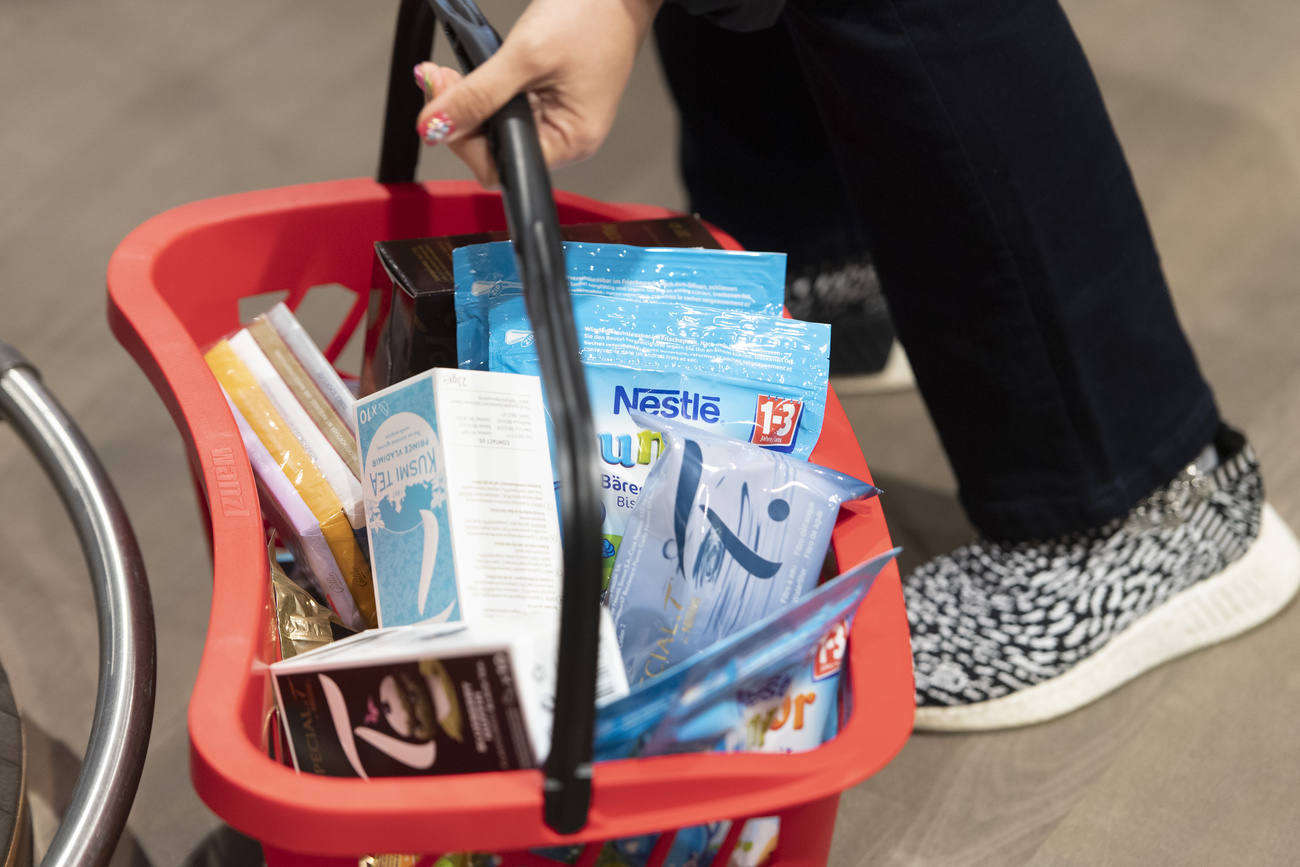
SNB reports CHF142 billion nine-month loss

The Swiss National Bank (SNB) has reported a loss of CHF142.4 billion ($142.6 billion) for the first nine months of 2022 as turmoil in global currency markets took a toll on the value of its foreign-exchange portfolio.
The central bank’s foreign-currency positions resulted in a loss of CHF141 billion, and it also saw a valuation loss on its gold holdings and on its Swiss currency positions.
Monday’s numbers puts the SNB on course for the highest annual loss on record. While those results won’t influence monetary policy, they still render it increasingly unlikely that the institution will be able to make a payout to the Swiss government and cantons. That would be only the second time in the central bank’s more-than-100-year history that it would have to skip such a payment.
The SNB spent more than a decade intervening in currency markets to stop the Swiss franc from appreciating, resulting in a portfolio of foreign reserves of more than CHF800 billion.
It’s main monetary policy tool now is interest rates – it abandoned negative rates in late September – but the SNB has said it is still willing to carry out interventions in future.
The central bank raised its key rate to -0.25% in June and to 0.5% last month. It still made CHF69.3 million in the third quarter off that negative rates regime, bringing the overall tally since it started charging banks for sight deposits in 2015 to CHF11.9 billion, according to Bloomberg calculations.
The SNB is a joint-stock company, with both public-sector and private shareholders, and its earnings are calculated by comparing asset prices at the start and end of each period. It is therefore at risk of big swings in profitability and interim losses can still change by year-end. It plans to report preliminary 2022 results on January 9.

More
Switzerland exits negative interest rate era

In compliance with the JTI standards
More: SWI swissinfo.ch certified by the Journalism Trust Initiative






























You can find an overview of ongoing debates with our journalists here . Please join us!
If you want to start a conversation about a topic raised in this article or want to report factual errors, email us at english@swissinfo.ch.